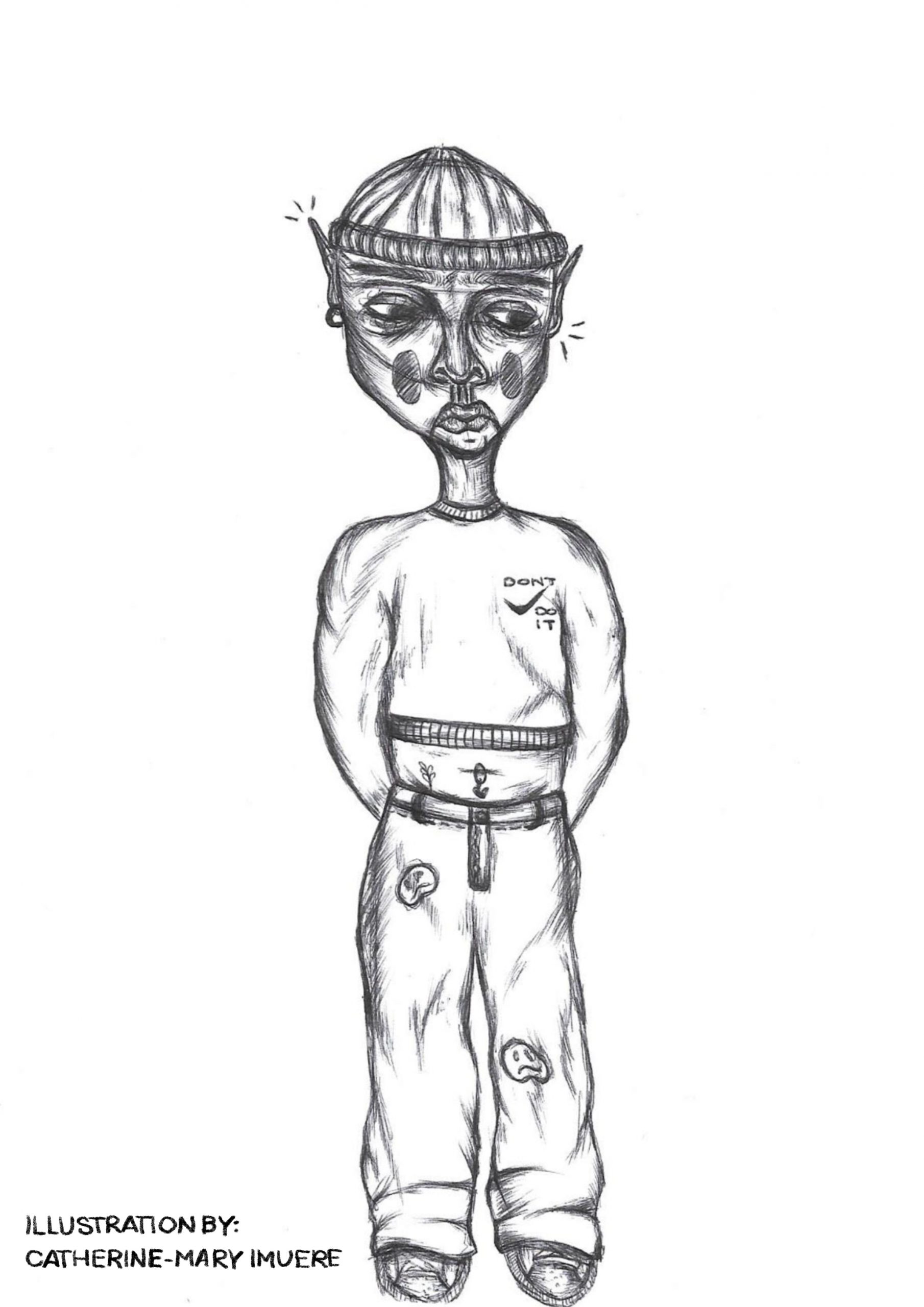- Teach your children about the changes before they start. They will learn these things in school, but you are their parent. It’s better if they know it from you. They will notice hair growth on their legs, chest, face, underarms, and genitals, so be specific in your instruction.
- Girls should know that developing feminine curves is perfectly normal. They don’t need to feel disgusted about themselves when their menstrual cycles come around.
- Teach your sons about the physical changes that will also occur in their bodies. Their deepening voices may begin with humiliating cracks and squeaks, but they will eventually even out. They will produce semen which may release at night while they sleep.
- Keep the instruction gradual and frequent. Allow them to ask questions and answer them. Let them know that these changes are healthy and normal.
- Stay supportive and encouraging. Physical changes can cause a lot of awkwardness and self-consciousness. Teens may want to stay in their rooms and hide, not just from you but also from the rest of the world. Try to respect their privacy because the whole experience is challenging for them.
- Be encouraging and understanding. Teenagers experience rapid growth. Not all parts of the body grow at the same rate. The legs, hands, and feet can grow longer or faster than other parts of the body, causing a degree of clumsiness for some.
- Be more understanding if they trip a lot more or drop things. If your teens feel sad because they are developing slower than others, the love you show them at home can comfort them. Share your personal experiences, and they will find that invaluable.

- Help them as they grow. You can’t speed up their growth process as a parent, but you can help facilitate it. How? With the proper nourishment and a healthy diet. A steady diet of healthy food will give their young bodies the nutrition they need for good growth.
- Remember, too, that your teens’ hygiene habits must change along with their changing bodies. Due to newly developed sweat glands, they will produce body odor from their armpits, groin, and feet.
- Encourage regular bathing and recommend suitable antiperspirants to help them control the odor. Teach your teens the importance of washing their faces to remove sweat, dirt, and excess oils that create pimples.
- Talk to girls about appropriate menstrual hygiene. Boys will need advice about shaving, how to do it and when to start. You have to help them see personal hygiene as a priority.
- Teach them to love themselves. Help your teens have reasonable expectations of their bodies. Teach them that true maturity is not just in body but also mind. Many teens believe that being attractive means looking like those super slim models or bulked-up men on Instagram and in magazines.
- As a result, they start to care so much about their bodies that it becomes an obsession. Remind them that these photos are edited to perfection and that those models have to engage in unhealthy habits to maintain their figures.
A person is lovely when they are beautiful on the inside. While there is nothing wrong with wanting to look good, developing their personality is far more critical. Their bodies will continue to change throughout their lives.
Never taunt them or tease them about their imperfections. Be an example of kindness to them. Tell them they are beautiful. When you love them, it will be easier for them to love and accept their bodies.
Let us Pray:- O’Lord, give me the wisdom to support my teen to adapt to their changing body in the Name of Jesus, Amen.



